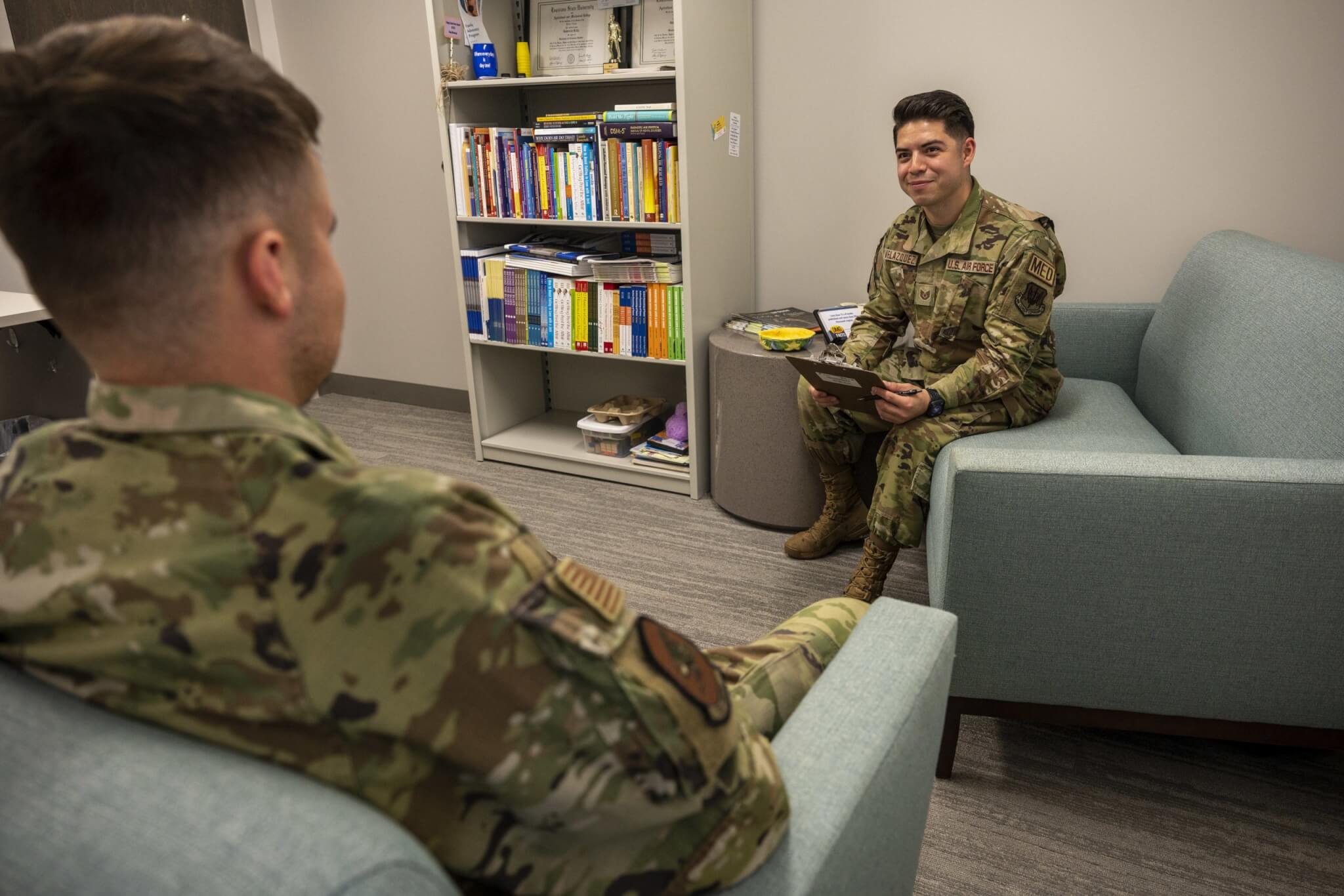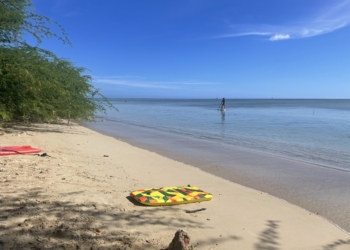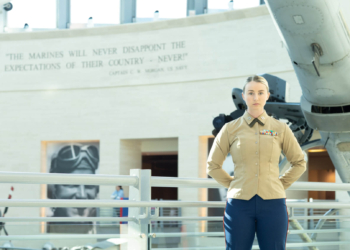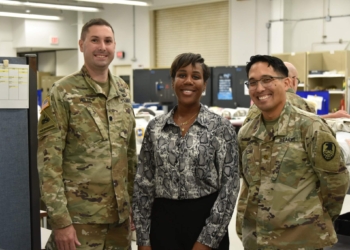Air Force Tech. Sgt. Jose Velazquez, a noncommissioned officer in charge of mental health with the 325th Operational Medical Readiness Squadron, works to ensure airmen with different cultural backgrounds feel heard, safe and at home.
Velazquez moved to the United States from Mexico City when his father’s career provided the opportunity.
“It was tough having to leave [friends behind] because at 10 years old, right, that’s your primary focus,” said Velazquez. “The language barrier was probably my biggest challenge. Not only was I trying to make new friends, but I was also trying to learn a language.”
For many immigrants, the shock of being immersed in a vastly different culture can also be very intimidating.
“I expected for people to not be as inviting or kind, especially because I didn’t know the language,” Velazquez said. “Everyone was always super welcoming and nice, even when I didn’t know [what they were saying] they would always try to help me. I’m very thankful for that because a lot of times when it comes to immigrants, whether they’re from Mexico or other countries, they’re not necessarily always accepted.”
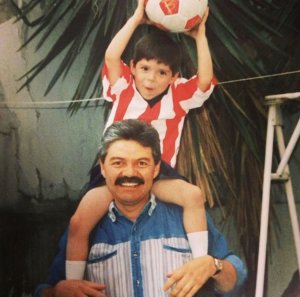
Velazquez said that although his transition into the U.S. came with a lot of challenges, it opened up a lot of opportunities, including the opportunity to join the Air Force.
“I had a couple of friends that had already started the enlistment process, and, when they started telling me about it, I was interested so I went to a recruiter to ask some more questions,” he said.
Nine years later, Velazquez oversees an entire mental health flight. This involves managing patient care schedules, coordinating higher levels of care, deployment and PCS clearances, and maintaining a certification as an alcohol and drug abuse counselor.
Capt. Bethany Young, the squadron’s interim flight commander for mental health, said even though he’s not an officer, Velazquez has taught her so many things that she can use as a leader.
“He had so much patience for me when I got here. I feel like his background made him more prepared to have that patience with me and not get really frustrated when I didn’t know things,” Young said. “Instead, he helped guide me through different situations without making me feel incompetent.”
Velazquez also volunteers at the local elementary schools when they ask for bilingual speakers to read to children.
“After talking to some of them, sometimes they feel super scared,” Velazquez said. “They just don’t think they’re ever going to learn English, and I know I felt that way at one point, too. So, being able to talk to them and mentor them I think has been one of the more rewarding things I’ve been able to do.”

